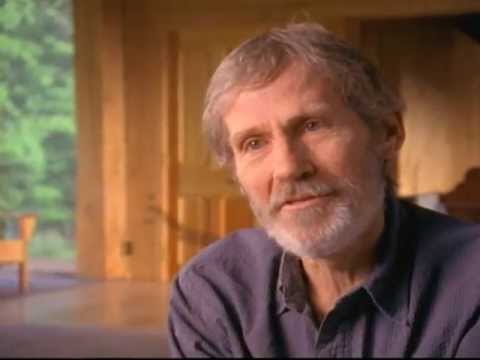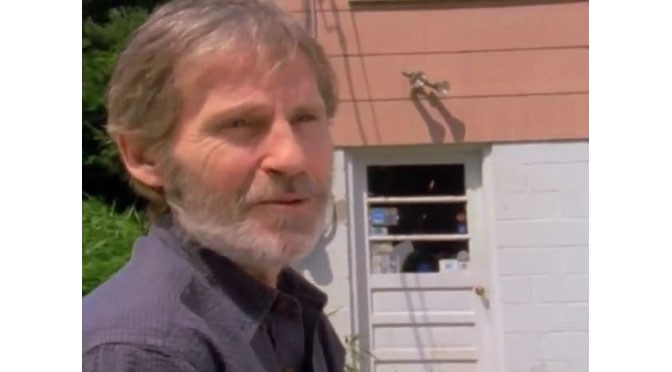

Bob Dylan got us to Woodstock. We wanted to go against the grain turned it back and went more blues, roots music
By Stephen Pate – Although he wasn’t there when The Basement Tapes started to roll, drummer and vocalist Levon Helm was very much the soul of the roots music Bob Dylan was creating in Woodstock 1967.
Robbie Robertson, Garth Hudson, Rick Danko and Richard Manuel, the other members of The Hawks, were Canadians who knew American rock and country music.
But it was Levon Helm from Turkey Scratch, Arkansas who was the soul and voice of the new music.
Bob Dylan was reaching into the past to embrace the old music of America at Big Pink in West Saugerties, New York in the spring and fall of 1967. Dylan knew this music. He demonstrated a prodigious knowledge of American music that stretches back to before the Civil War.
For Levon Helm, he was already there. A boy from Arkansas, Levon knew the bluegrass and hill music of Appalachia from living astride the Mississippi River south of Memphis, Tennessee.
Ten years before in 1957, Levon Helm started playing country and rock-a-billy music in the bars of Helena, Arkansas before joining the Rockin’ Ronnie Hawkins on the road.
Levon didn’t have to act to play Loretta Lynn’s father in Coal Miner’s Daughter. He was the personification of the hill lifestyle from his authentic accent to country sensibilities.
Levon Helm was ready for a return to the country in 1967.
“We wanted to go against the grain as far as the flavor of music at that time,” Levon said in the film My Generation by director Obie Benz.
West Helena is right across the Mississippi River from Highway 61, the blues highway that took the blues and jazz musicians from the South to Chicago and the North.
That kind of black and white cross-cultural highway spawned rock and roll in Elvis Presley in Memphis on July 5, 1954 while recording “That’s All Right”. Elvis told the band to get “real, real gone for a change” and we’ve been real gone ever since.
The real gone rock music was driving Levon Helm back to his roots in Woodstock working with Bob Dylan and the Hawks, who would emerge as The Band.
“We turned it back and went more blues, more roots music oriented, so when we played for Bill Graham at Fillmore East, that was one of our requests, was to turn the light show way down, if not completely off.”
Ten years before in 1957, Levon Helm started playing country and rock-a-billy music in the bars of Helena, Arkansas before joining the Rockin’ Ronnie Hawkins on the road.
Levon didn’t have to act to play Loretta Lynn’s father in Coal Miner’s Daughter. He was the personification of the hill lifestyle from his authentic accent to country sensibilities.
Levon Helm was ready for a return to the country in 1967.
“We wanted to go against the grain as far as the flavor of music at that time,” Levon said in the film My Generation by director Obie Benz.
West Helena is right across the Mississippi River from Highway 61, the blues highway that took the blues and jazz musicians from the South to Chicago and the North.
That kind of black and white cross-cultural highway spawned rock and roll in Elvis Presley in Memphis on July 5, 1954 while recording “That’s All Right”. Elvis told the band to get “real, real gone for a change” and we’ve been real gone ever since.
The real gone rock music was driving Levon Helm back to his roots in Woodstock working with Bob Dylan and the Hawks, who would emerge as The Band.
“We turned it back and went more blues, more roots music oriented, so when we played for Bill Graham at Fillmore East, that was one of our requests, was to turn the light show way down, if not completely off.”
Levon Helm talks about Bob Dylan and song writing, standing in front of Big Pink. The Band sings Cripple Creek in 1967. From History of Rock ‘n’ Roll: My Generation & Plugging Inby Obie Benz. Interview was in 1994.
“We wanted to go against the grain as far as the flavor of music at that time. We turned it back and went more blues, more roots music oriented, so when we played for Bill Graham at Fillmore East, that was one of our requests, was to turn the light show way down, if not completely off.”
“Bob Dylan got us to Woodstock. We played with Bob for some shows through the United States and Canada. We followed Bob up to the country and started getting together in the afternoons and trying to come up with tunes.”
“Bob and Richard used to have a typewriter that set on the coffee table there in the living room and the two of them would go by and type little notes to each other. One would read what the other one wrote and put a couple of lines in under that. A lot of times, by the end of the day, we’d have a couple, three pages out of there.”
“Sex, drugs, rock and roll, those were the things that they’re using to sell rock and roll, which seemed a damn shame when you get down to it. The music is certainly capable of doing that on its own.”
From that historic point in time, Dylan and The Band recorded The Basement Tapes which were finally released in their entirety in November 2014, 47 years later. The Basement Tapes represent more than country, more than folk, and more than rock for they have the genius of Bob Dylan in songs like “Please Mrs. Henry”, “Clothes Line Saga”, “Open the Door Homer”, and “Nothing Was Delivered.”
Available from iTunes and Amazon.com as the 6-CD The Basement Tapes Complete: The Bootleg Series Vol. 11(Deluxe Edition) or 2-CD The Basement Tapes Raw: The Bootleg Series Vol. 11.
The video clip is from the film series History of Rock ‘n’ Roll, Chapter 6 My Generation & Plugging In.
The complete series The History of Rock and Roll is available on DVD from Amazon.com for $89. In Canada, Amazon.ca sell The History of Rock and Roll [Import] for $50.97.
I’ve seen recently that Amazon.ca can beat Amazon.com pricing and availability.
Bob Dylan’s The Lyrics: Since 1962 has been available in limited quantities in Canada long after it sold out everywhere else in the world.
Other memories of The Basement Tapes by The Band
- Garth Hudson The Band Is In The Basement
- The Band’s Robbie Robertson Dishes On Dylan’s Basement Tapes
For more details on the Basement Taps – see Wikipedia. The article is interesting and balanced.
Follow me on Twitter at @sdpate or on Facebook at NJN Network, OyeTimes and IMA News Buzz. You can also subscribe and automatically receive notifications of new stories by email. We do not share your email with advertisers. The subscription form is on this page in the left and right columns.
By Stephen Pate, NJN Network

Be the first to comment